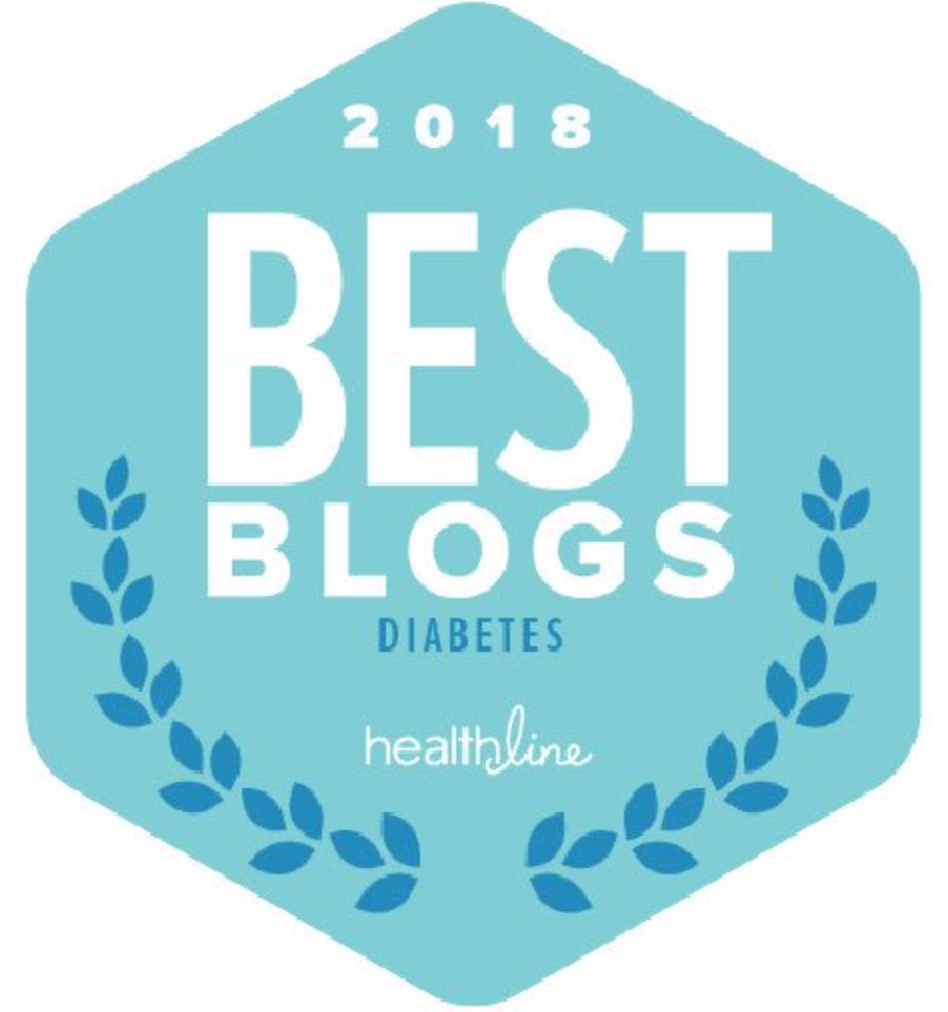This post was first published in 2011. Sometimes, I think that there is progress being made when it comes to consulting people with diabetes in the development of programs, services and resources for us. Other times, I’m not so sure. Some groups and organisations are incredibly tuned in to people with diabetes (I’m talking about you, Australian Centre for Behavioural Research in Diabetes) and I cannot express enough my gratitude for the high regard of the ideas and thoughts of people with diabetes this group regularly demonstrates.
I stand by what I have written in this post: We are the experts in living with diabetes and we want to work with those who are working to help us. Please, please let us.
——————————
There seem to be a lot of people who like to be the voice of people living with diabetes. Strangely enough, a lot of the time, these voices don’t actually have diabetes themselves.
As far as I am concerned, every single person out there who wants to advocate and support people living with diabetes is terrific. Continue doing it! But make sure that if you are speaking for us you have first heard what we want to say.
Any time an advisory panel or steering committee looking at anything to do with people living with diabetes is formed, the first people invited should be consumers. How can other people possibly advise or steer for us unless they hear what we need and what we want?
If government wants to improve our lot, ask us how to do it.
Experts in diabetes are not the people who care for us. I know how blunt and arrogant that sounds, but it’s true. I have a brilliant team of health professionals around me – I have written of this on several occasions; hell, I even named my daughter after one of them. But these outstanding, talented, exceptionally smart people do not speak for people with diabetes.
I struggle regularly with the way that we are not considered in the planning and development of new resources, activities, devices and technology designed to ‘help us’. When we pipe up and say ‘hey we’re here’, we often get told that we’ll be consulted ‘later’ – often too late when changes cannot, or will not, be made. That sort of consultation is, I’m afraid, tokenistic. It doesn’t count for anything and those doing this shouldn’t get to then say that they did work with the community.
The experts when it comes to making lives better for people with diabetes are us. The people with diabetes. We’re the ones who live with it, love with it, scream at it and want to turn our backs on it in disgust. We’re the ones who agonise, cry, laugh and celebrate it.
Don’t speak for us. Don’t assume. It should always be nothing about me without me. Always. Listen to us. Ask us. Take cues from what we say. Believe me, we’ll tell you what we need.
Am I being too harsh with this? I wonder what others with diabetes have to say and if they feel the same way.








6 comments
Comments feed for this article
July 29, 2014 at 12:30 pm
Liliana Lees
Love your work, love your blogs. Keep up the good work Renza
LikeLike
July 30, 2014 at 12:15 pm
RenzaS
Thanks Liliana!
LikeLike
July 29, 2014 at 1:00 pm
Cecilia Lea
Well said! It always astonishes me that the people living with a condition (not just diabetes) or in a certain situation never seem to be consulted when these ‘grand plans’ or schemes are made. They always seem to sprout ‘it was a consultative process’ but never seem to speak to those who live with it day after day after day. Does a young mother dealing with her daughter’s T1 or an ordinary middle aged man living with T2 ever get invited to these think tanks? I work with intellectually disabled people but I still don’t know exactly how their families deal with the fact that their child will need some sort of care for their whole life. There seems to be a lot of ‘trust us, we know what’s good for you’ thinking around.
LikeLike
July 30, 2014 at 12:15 pm
RenzaS
Thanks, Cecilia. I am always astonished at what some consider to be consultation. As I frequently say, showing a few people with diabetes the ‘end product’ (of a service/program/result) is not consulting. It’s too late to make any changes at that point. It needs to be done at the beginning, throughout and at the end!
LikeLike
July 30, 2014 at 12:10 pm
Heather Gabel
I hear you and amen. I do think that patient voice and perspective is becoming more and more pertinent to developing programs and technologies. The #WeAreNotWaiting campaign speaks volumes to the kind of integration we as a community are beginning to demand. We have to change it though, squeeze ourselves in and keep calling to up that “later” to now. Thank you for posting this, Renza. You’re awesome.
LikeLike
July 30, 2014 at 12:13 pm
RenzaS
Thanks for your comment, Heather. I think that we’re a little behind when it comes to patient consultation here in Australia. I look at what’s going on in the US and think that we have a lot to learn from campaigns such as #WeAreNotWaiting and #StripSafely. It’s a long road and as I said in the post, sometimes I feel we’re making progress. Other times, I’m not so sure. Thank you so much for reading!
LikeLike